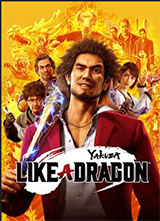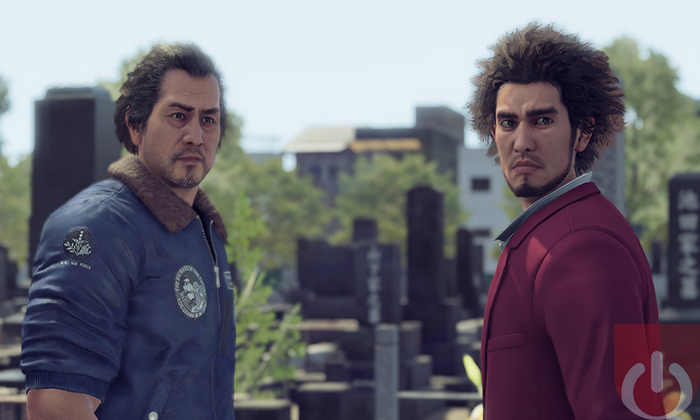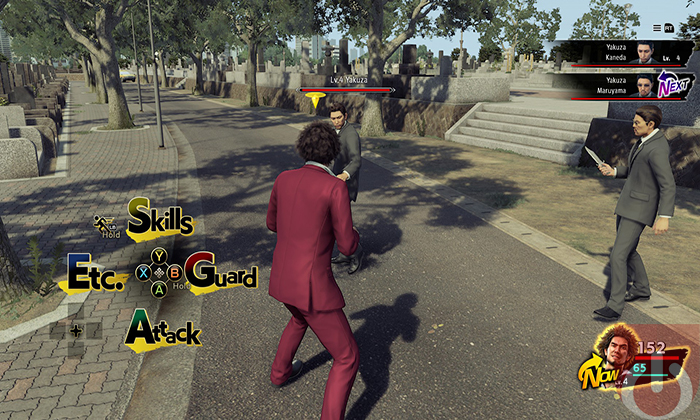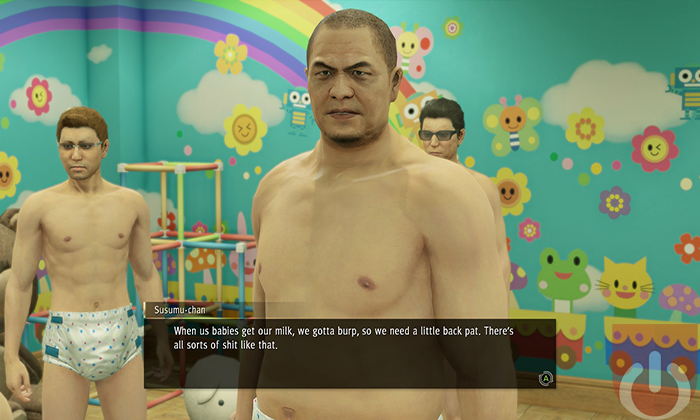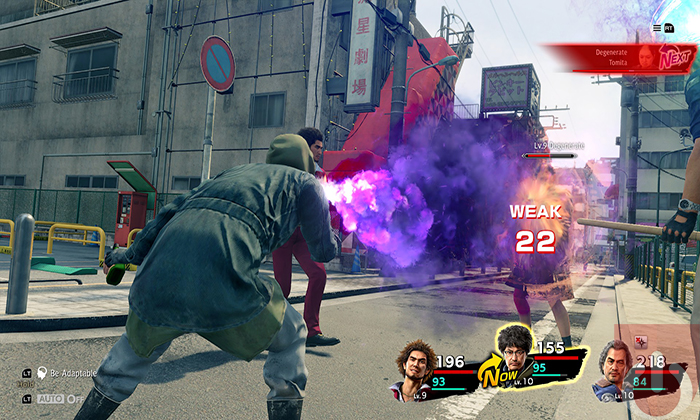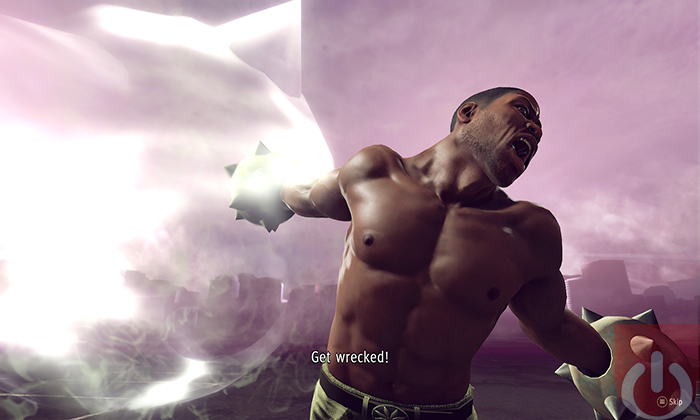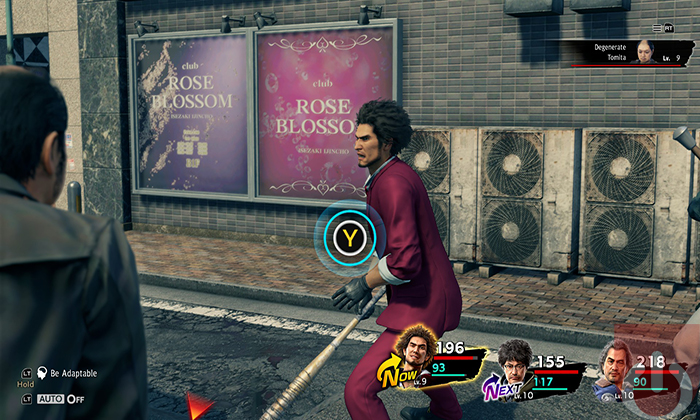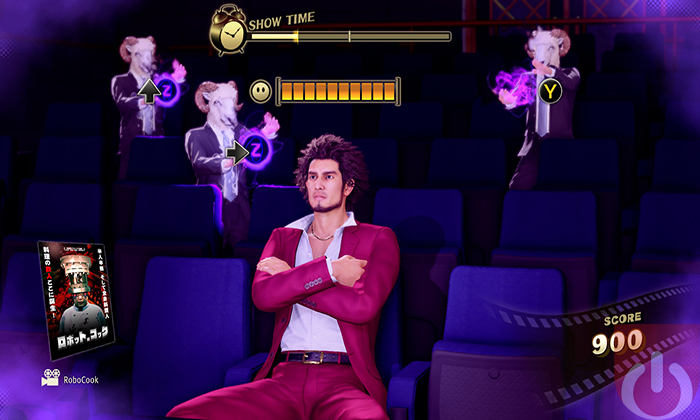Yakuza: Like a Dragon
Yakuza: Like a Dragon is a surreal experience. Like previous games in the series, its plot is an odd juxtaposition of normal everyday life and surreal happenings. Where the finer details are just as important as the earth shattering reveals, its long melodramatic story works to elicit a strong response from players. Basically, Yakuza: Like a Dragon is One Piece.
No, seriously. Over the course of my roughly 35hrs of play time, that thought constantly ran through my head. Take a campy plot that’s depicted as earnestly as possible. Add in protagonists with strong emotional ties to their friends and perceived family. Season with seemingly forgettable, early encounters that are reintroduced in the final hours. All before garnishing your plate with enough twists to make M. Night Shyamalan blush. Yup. You’ve just made a One Piece platter. Thankfully, you don’t have to be an anime fan to appreciate this game.
Yakuza: Like a Dragon is the 8th main game in the SEGA’s popular series. Picking up before and after the events of Yakuza 6, this one follows the exploits of a new character named Ichiban Kasuga. Things start out as Yakuza fans would expect. Kasuga’s loyalty to the Arakawa Family – a branch of the Tojo Yakuza Clan – lands him jail for eighteen years. Upon being released, he enters what feels like a new world. The Tojo Clan is no more. His former boss doesn’t seem to want to do anything with him. And everyone he knew is either absent, sporting a new life, or have been assimilated into a rival gang. Kasuga goes from hoping that his efforts behind bars would be well received, to being distraught over recent happenings. And that’s before he’s shot and left for dead in a neighboring city.
Players will take Kasuga on a journey of self-discovery and along the way, he’ll meet and befriend a variety of interesting characters. All of which have their own trials to consider; while Kasuga is pressed to learn what happened to his clan and why he was betrayed/attacked, he’ll eventually feel obligated to help his friends solve their own conundrums. They’ll start out as strangers with intersecting goals before developing lasting friendships – a plot thread that wonderfully unravels, revealing some of the best moments in the game.
The emphasizing of things like loyalty, family, and friendship is nothing new to this series. In this sense, Yakuza: Like a Dragon offers a lot of what came before. That said, many of these core notions are thematically elevated as presented through the unique view of the downtrodden. Kasuga and his friends represent the “gray area”. People who weren’t afforded a peaceful upbringing, both parental units, or anything resembling wealth often found themselves in financial hardships, homelessness, or a socially-shunned career path. Essentially, these are the people doing whatever they can to get by.
Because people like Kasuga have jobs that sit within the grey – not outright illegal but not really legal either – they are treated poorly by high society. Sure, there is a ton of violence thanks to the Yakuza’s territorial conflicts. The main culprit that seems committed to making everyone’s life worse though, aren’t the gangs (though they play a major part) but rather normal everyday citizens. The privileged are so caught up with cleansing their cities of corruption that they themselves become villains; many people are hurt (or even killed) because of their supposedly righteous crusade.
That’s a sharp contrast to the people living in the gray zones. While there may be in-fighting here or there, most of them look out for one another. When Kasuga was left for dead, it was a group of homeless people that patched him up. A brothel, disguised as a restaurant, is mor of a half-way house for illegal refugees to work and live while they figure out their next moves.
Yakuza: Like a Dragon humanizes the less fortunate. They’re given a voice and with it, a means of sharing their side of the story. More so than that, it shines a light on how problematic overly judgmental people can be. Regardless of how one feels about a given profession, the complete and total eraser of a human being – by way of harassment, a violation of rights, or the notion that they should be ignored and forgotten – is detrimental to everyone involved. The campy delivery that fans love sometimes get in the way of this message (especially when dealing with misogyny). That said, taking the game as a whole, the writing here is better than what’s found in most of 2020’s RPGs.
Speaking of RPG, Yakuza: Like a Dragon is the first Yakuza game with turn-based mechanics. The Beat’em style of play is gone. That said, the battles are still over-the-top even if doesn’t sound that way on paper. A simple description – players will command a party of up to four characters and pick attacks from a menu. They’ll be able to power up special moves using onscreen prompts as well as deflect damage with well timed button presses. The order of attackers is based on stats like agility. Again, simple. Things change when we start adding in jobs, summons, and Yakuza inspired abilities.
Keeping with the game’s themes, most of a character’s skills are based on their occupation. A chef will use cooking utensils and food-based attacks while the homeless person – yes, that’s a job – uses his bad breath to debuff enemies. The same thing goes for enemies. All of it is hilarious, made more so by Kasuga’s imagination. Because he see’s life as a video game, each character’s persona is visually enhanced; a regular restaurant goer will transform into the Dine-and-Dasher and attack with giant beverages.
Attacks are hilariously brutal. The game is more than just dealing and receiving damage though. There’s a bit of strategy at play. One has to consider the environment and how characters are positioned at any given moment. If Kasuga targets a person near a bike rack, for instance, he’ll pick up a bike and severely beat up everyone in that area. In some cases, that basic attack will do more than his special moves.
Another thing to consider is an enemy’s given state. Hitting a person who’s on the ground adds extra damage; as long as you pick a basic attack and target them before they get up. Just be mindful that other enemies won’t just let you run by them. While most special attacks can’t be interrupted, foes can attack you on your way to attack someone else. There’s also the fact that everyone moves about while fighting. It’s possible to target one foe but end up hitting multiple enemies in the process.
All of the fighting is entertaining. The give and take of damage, balancing buffs and debuffs, moving elements, the ability to swap characters during a fight – there’s a lot to like here. I especially love the Poundmates (the game’s summons) and how they add a level of absurdity of their own. I did have a few issues when it came to countering attacks. Sometimes a character would be outside of the current view space, forcing the camera to quickly swing over to them when targeted by an enemy. Unfortunately, it often would fail to catch up with the action before an attack landed, making it difficult to counter.
I also had trouble during the final chapters thanks to a steep difficulty curve. Some of the final bosses are super tough, poses rule breaking abilities – like one character who was able to attack while you’re picking moves – and more. The game seemed to verify this curve by offering areas like an underground fighting tournament to grind up levels. Both of which left me wanting; even after completing all 30 levels of the tournament and unlocking rare items, I still had trouble with the final boss fights.
There are other sticking points as well. Like a Dragon, similar to other Yakuza games, still forces mini-games on players, the story is stretched longer than it needs to be – ahem, One Piece – and there are segments that purposely hinder progression gameplay wise. None of these things discouraged me from seeing the credits though; most of everything else is so good that it’s easy look over these frustrating aspects.
Yakuza: Like a Dragon is the best the series has to offer. I could talk about the fighting systems, melodramatic story, and intriguing characters for days. Not to mention how a lot of the side quests tie into the main plot or how developing meaningful relationships with each character adds more than just backstory; new team-based abilities and jobs are unlocked through chats at bars or over a meal at a restaurant. There’s just so much to do and most of it is genuinely great is my point. If you’re a fan of the series (or even a newcomer) I can’t recommend this game enough. Just make sure to carve out a decent amount of time to dive into Kasuga’s world!
Gameplay:
9
Yakuza: Like a Dragon is a blast to play, it’s turn-based combat offering a refreshing experience.
Graphics:
8
The game looks great. Even better so on PC and Xbox Series X.
Sound:
10
The Yakuza series usually has solid voice acting. Like a Dragon continues this trend.
Replay Value:
9
Yakuza: Like a Dragon can feel longer than it actually is. That said, most of the time spent in-game is entertaining enough for players to hit New Game +.
Final Score:
9
